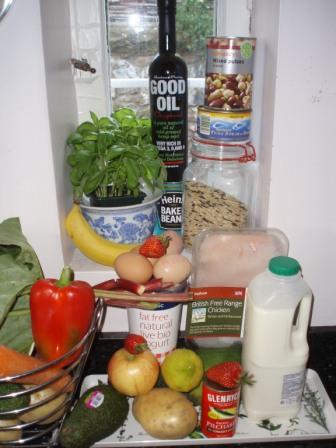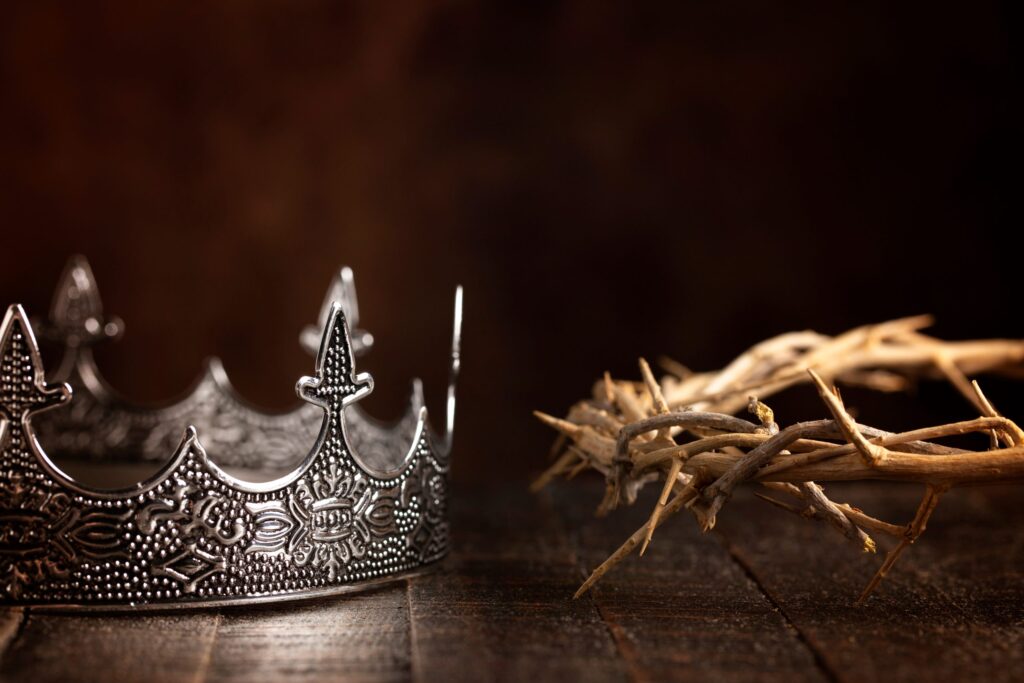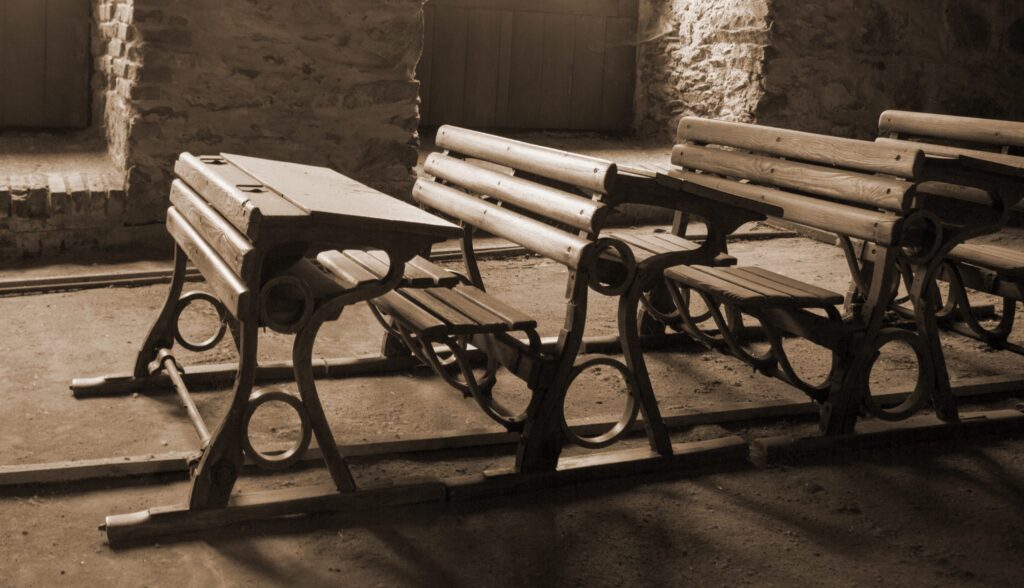 The brain uses around 20% of our energy, though it only takes on average 2% of our weight. (NB: doing something mentally demanding doesn’t make the brain use more energy.) Three things young people need to understand:
The brain uses around 20% of our energy, though it only takes on average 2% of our weight. (NB: doing something mentally demanding doesn’t make the brain use more energy.) Three things young people need to understand:
- If you don’t eat enough, your brain won’t work so well – you will lose concentration and find it harder to understand, learn and remember.
- If you don’t eat the right things, your energy will go up and down fast, making you feel unwell and making it harder to understand, learn and remember.
- Although water isn’t food, it’s essential. If you don’t keep fluid intake high enough, your brain will work less well.
As pupils approach exams, this all becomes extra important. Consider:
- Under stress, appetite changes. We may not feel like proper meals; we may rush; and we usually overload with sugary carbs. This peaks on exam days, when we most need a constant supply of brain fuel.
- Teenagers often don’t know which foods fuel brains best. (Nor do adults!)
- Creating an enjoyable and positive diet is one simple way for pupils to take control of health and success, with noticeable benefits.
(NB You will be aware of the issue of eating disorders but an emphasis on the fact that our brains need food is a positive one. Please do talk to relevant staff if you’re unsure how to approach this subject with your class.) Are there “super foods” that make brains work extra brilliantly? The science is not clear. There are positive findings for Brazil nuts, blueberries and oily fish, for example, but not enough evidence that they’re much better than other nutritious foods. So, we don’t need supplements (unless recommended by a doctor) and should not eat a silly amount of one food in the belief that it will make us cleverer.
Class activity 1: Brain Food Bingo (This is one of the activities from Brain Sticks™.)
a) Before starting, print out this sheet of food ideas, cut into individual rectangles and put them in an envelope or box.
b) On a sheet of paper, each student draws a grid with 6 boxes.
c) Print out the food sheet so that each group/table can see.
d) Pupils spend a minute selecting 6 of the foods each and writing one in each box of their grid.
e) Take your envelope/box, pick out one item and read it aloud. Any student who has that item on their grid crosses it out.
f) Repeat. Etc etc.
g) When a student has crossed out all six items, he/she shouts BINGO and is the winner.
Class activity 2: Using the food sheet, get pupils to plan
a) their pre-exam breakfast and
b) an exam snack box – to bring into school on exam days.
Discuss how they will make sure the foods are in the house; investigate costs etc.
A tasty extra: have you tried my Brain Cake or Brain Bars? Download the recipes! Tasty, nutritious – and fun to make.
 Copyright © Nicola Morgan 2014 Nicola Morgan is an award-winning writer for teenagers and the author of Blame My Brain and The Teenage Guide to Stress. She offers training on aspects of adolescence and has created Brain Sticks™, teaching resources about the brain and mental health. Nicola is proud to be a co-author of Collins GCSE Study Skills – publishing September 2015 www.nicolamorgan.com
Copyright © Nicola Morgan 2014 Nicola Morgan is an award-winning writer for teenagers and the author of Blame My Brain and The Teenage Guide to Stress. She offers training on aspects of adolescence and has created Brain Sticks™, teaching resources about the brain and mental health. Nicola is proud to be a co-author of Collins GCSE Study Skills – publishing September 2015 www.nicolamorgan.com


